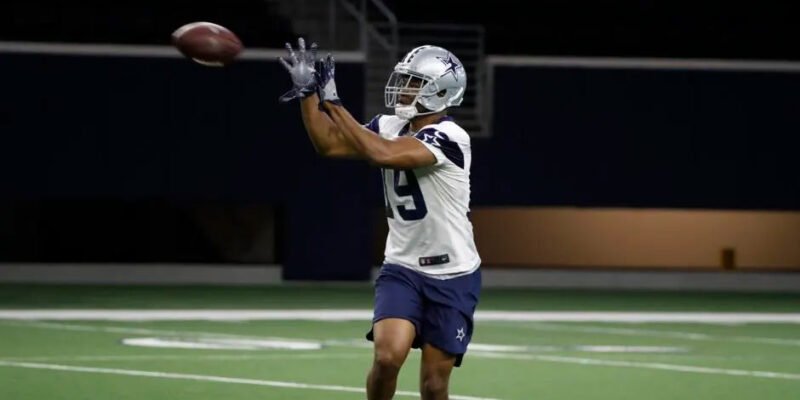Introduction
As the NFL offseason drama subsides, the focus of football enthusiasts shifts back to training camp, where millions of eager fans closely follow their favorite teams and players. For the Dallas Cowboys, however, training camp takes a unique twist. Unlike most teams, the Cowboys travel 1,500 miles west to Oxnard, California, for their pre-season preparations. While this may seem like a strategic move to avoid distractions and enjoy favorable weather conditions, it comes with significant tax implications for the players.
California’s High Taxes Impact NFL Players
California holds the title for being the highest-taxing state in the nation, with a top tax rate of 13.3%. Although NFL players do not receive a salary during training camp, California factors in training camp days when determining income allocation ratios. Consequently, any time spent in California for training camp translates to additional taxes for the players.
Each player’s salary is multiplied by their duty day ratio to calculate state-allocable income. Duty days include the time a player must spend with the team from the start of training camp through the end of the season or playoffs, along with any other required offseason appearances.
Impact on Dallas Cowboys Players
Let’s take a closer look at the specific tax implications for some of the Dallas Cowboys players:
- Amari Cooper: Set to make $13.924 million in 2019, Cooper will pay over $158,000 in California taxes solely for attending training camp. This amount does not even include taxes for previous year’s playoff games or this season’s pre-season game.
- Tyron Smith: As the Cowboys’ highest-paid player, Smith will pay nearly $177,000 in California taxes for attending training camp and over $221,000 for the entire year.
For returning players, 9.3% of their income is taxed in California based solely on training camp days, while new players face a 10% tax rate for this period.
Exploring Alternative Solutions
While sending players to California may offer certain advantages, such as favorable weather and scrimmage opportunities, the high tax burden raises the question of whether there are better alternatives. Here are a couple of ideas:
- Hold Training Camp in Dallas: The Houston Texans successfully hold their camp in Houston, which is also hot but more humid than Dallas. Investing in an air-conditioned practice facility could be a cost-effective solution for the Cowboys.
- Find Tax-Friendly States with Suitable Weather: Exploring other states with no income tax and amiable weather conditions, where joint practices and scrimmages with other NFL teams are feasible, might provide a more tax-efficient option.
While Jerry Jones, the Cowboys’ owner, may have his reasons for choosing California, players and fans alike would appreciate exploring options that do not leave players with substantial tax bills.
Conclusion
The Dallas Cowboys’ choice to hold their training camp in California provides advantages like excellent weather and nearby scrimmage opportunities. However, it also subjects players to high state taxes, affecting their net earnings significantly. Considering alternative locations or investing in climate-controlled facilities in Dallas could alleviate this financial burden while still achieving the desired outcomes of training camp. As fans eagerly anticipate the upcoming season, the team’s management should take into account the tax implications on their players and explore more tax-efficient strategies for future training camps.














Comments